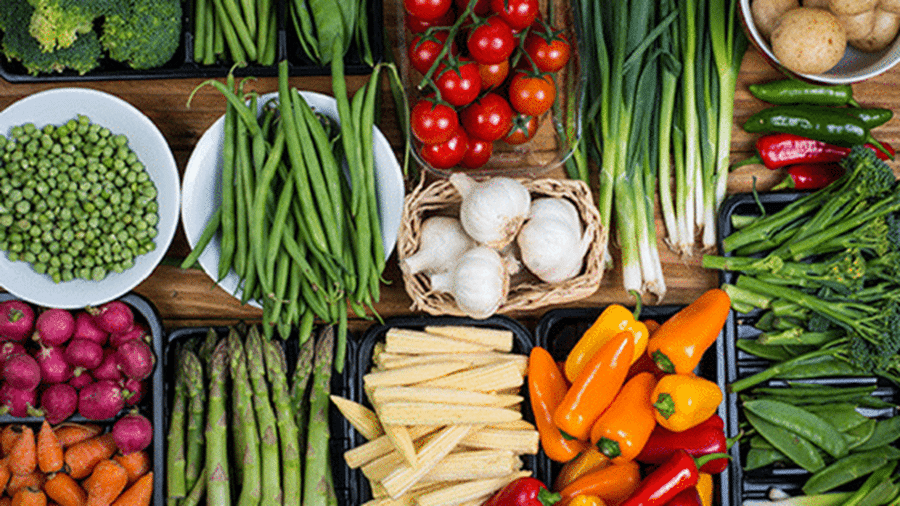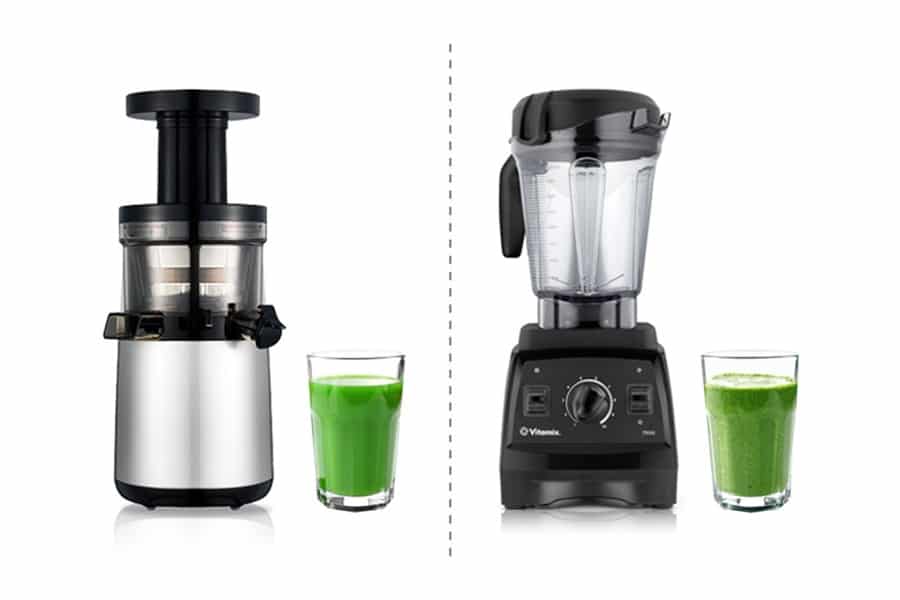The increasing shift towards plant-based nutrition has reached family dining tables, prompting a closer examination of the implications for the younger eaters. Plant-based kids is more than a trend; it’s a lifestyle choice that brings to the forefront the question of whether raising a vegan child is a safe and viable option. This article aims to dissect the layers of nutritional, social, and developmental aspects associated with plant-based diets for children, offering a detailed perspective on how to undertake this lifestyle choice with confidence and care. With raising a vegan child becoming a choice for many families, it’s essential to navigate this path with the best information and practices available.
Contents
Nutritional Requirements For Growing Children

Children’s bodies are in a constant state of growth and development, requiring a steady supply of nutrients to support their rapid physical and cognitive development. Essential nutrients such as proteins, carbohydrates, fats, vitamins, and minerals must be available in adequate amounts. A vegan diet devoid of animal products can potentially lead to deficiencies in nutrients like vitamin B12, iron, calcium, and omega-3 fatty acids, which are crucial for brain development, bone health, and overall growth. It’s imperative for parents to understand these needs to ensure their child does not miss out on these vital components.
The planning of a child’s vegan diet should be meticulous and informed. It’s not just about removing animal products but replacing them with nutritionally equivalent plant-based alternatives. For instance, while animal proteins are complete, most plant proteins are not, which means a variety of plant proteins must be consumed to ensure all essential amino acids are ingested. Similarly, sources of iron in a vegan diet are different from those in a meat-based diet and are absorbed differently by the body. Therefore, pairing plant-based iron sources with vitamin C-rich foods can enhance absorption, showcasing the need for strategic meal planning.
Designing A Comprehensive Vegan Meal Plan

Creating a vegan meal plan that caters to a child’s nutritional needs involves more than just choosing plant-based foods. It requires a deep understanding of the nutritional content of these foods and how they can be combined to provide complete nutrition. For example, a breakfast of oatmeal can be fortified with nuts and seeds to increase protein and essential fatty acid content, while lunch could consist of a quinoa and bean salad, rich in both protein and fiber. Snacks such as fruit smoothies with fortified plant milk can provide additional nutrients like calcium and vitamin D.
Dinner could include a variety of colorful vegetables, a source of complex carbohydrates like sweet potatoes, and a plant-based protein such as lentils or tofu. Ensuring that these meals are not only nutritionally adequate but also appealing to children is key to maintaining a healthy and sustainable vegan diet. Parents must also be vigilant about the use of supplements, as some nutrients may be challenging to obtain in sufficient quantities from plant-based food sources alone. Consulting with a dietitian can help in creating a meal plan that covers all nutritional bases, ensuring that the child’s diet is both balanced and enjoyable.
Monitoring Growth And Development

Tracking the growth and development of children on a vegan diet is crucial to ensure they are meeting their developmental milestones. Regular check-ups with a pediatrician can help monitor growth patterns and identify any potential nutritional deficiencies early on. Growth charts and developmental scales are tools that can provide a visual representation of a child’s progress compared to established norms. These assessments can offer reassurance that the child is on the right track or serve as an early warning system if adjustments to their diet are needed.
In addition to physical growth, cognitive development is also a significant concern for parents of vegan children. Cognitive milestones can be monitored through observational assessments and standardized tests administered by child development professionals. Ensuring that the diet provides ample omega-3 fatty acids, particularly DHA, which is vital for brain health, is essential. If dietary intake is insufficient, vegan-friendly supplements made from algae can be an effective alternative. It’s about creating a balance that supports all aspects of a child’s growth without compromising on their nutritional needs.

The social aspect of raising vegan children is often as challenging as the nutritional one. Children want to fit in with their peers, and dietary restrictions can sometimes make them feel isolated. It’s important for parents to prepare their children for situations such as school lunches, birthday parties, and field trips where their dietary choices might be different. This preparation involves not only packing suitable food alternatives but also equipping children with the knowledge and confidence to make informed food choices and to articulate their dietary needs to others.
Moreover, parents can take proactive steps by communicating with teachers, caregivers, and other parents to ensure their child’s dietary restrictions are understood and respected. Educating those involved in a child’s life about the reasons behind their diet can foster a supportive environment. Additionally, finding a community of like-minded families can provide a network of support and shared experiences, which is invaluable for both parents and children alike. It’s about creating a positive and inclusive experience for the child, where their diet becomes a part of their identity that they can be proud of rather than a source of difference.
Healthcare Professional Insights

Pediatricians and dietitians play a pivotal role in ensuring that children on vegan diets receive all the necessary nutrients for healthy development. These professionals can offer tailored advice based on the latest research and their clinical experience. They often emphasize the importance of a varied diet that includes plenty of fruits, vegetables, legumes, whole grains, nuts, and seeds, as well as fortified foods to compensate for any potential deficiencies. Regular consultations allow for monitoring the child’s health and development, ensuring their growth is on par with pediatric health milestones.
Healthcare providers may also recommend routine blood tests to monitor levels of critical nutrients such as iron, vitamin B12, and vitamin D, which can be lower in vegan populations. They can provide guidance on appropriate supplementation if needed, such as B12 sprays or drops and algae-derived omega-3 supplements. It’s not uncommon for these professionals to work closely with parents to educate them on reading food labels, understanding the nutritional content of foods, and even providing cooking tips to enhance the nutritional profile of vegan meals. Their endorsement and guidance are often a source of comfort for parents navigating the complexities of a plant-based diet for their children.
Addressing Common Challenges

Raising vegan children comes with a unique set of challenges that parents must be prepared to address. One of the most common is ensuring that the child’s diet is varied enough to provide all the necessary nutrients. This can be particularly challenging when dealing with picky eaters or when access to a wide variety of vegan foods is limited. Parents must become adept at finding creative ways to incorporate nutrient-rich foods into their child’s diet, such as sneaking greens into smoothies or using nutritional yeast for a cheesy flavor in dishes.
Another challenge is dealing with the scrutiny and criticism that can sometimes come from others who may question the adequacy of a vegan diet for children. Parents need to arm themselves with knowledge so they can confidently address concerns and misconceptions about plant-based nutrition. It’s also crucial for parents to build a support system, which can include healthcare professionals, vegan communities, and online resources, to help navigate and overcome these challenges. This support system can provide not only emotional support but also practical solutions such as recipes, meal ideas, and tips for eating out and traveling as a vegan family.
Supporting Educational Growth
Education is a cornerstone of raising children on a vegan diet successfully. It’s essential for children to understand why their family has chosen this lifestyle, the benefits it offers, and how it aligns with their values regarding health, animals, and the environment. This knowledge can empower children to make informed choices and feel confident in their diet, especially when faced with curiosity or challenges from peers. Parents can find age-appropriate books, documentaries, and interactive online resources to make learning about veganism engaging and fun.
In addition to educating children about the ethical and environmental aspects of veganism, it’s equally important to teach them about nutrition. Children who understand what nutrients they need and which foods provide them are more likely to take an interest in their own meals and may even help in the meal planning process. This educational approach encourages children to be proactive about their health and equips them with the knowledge to make healthy choices


